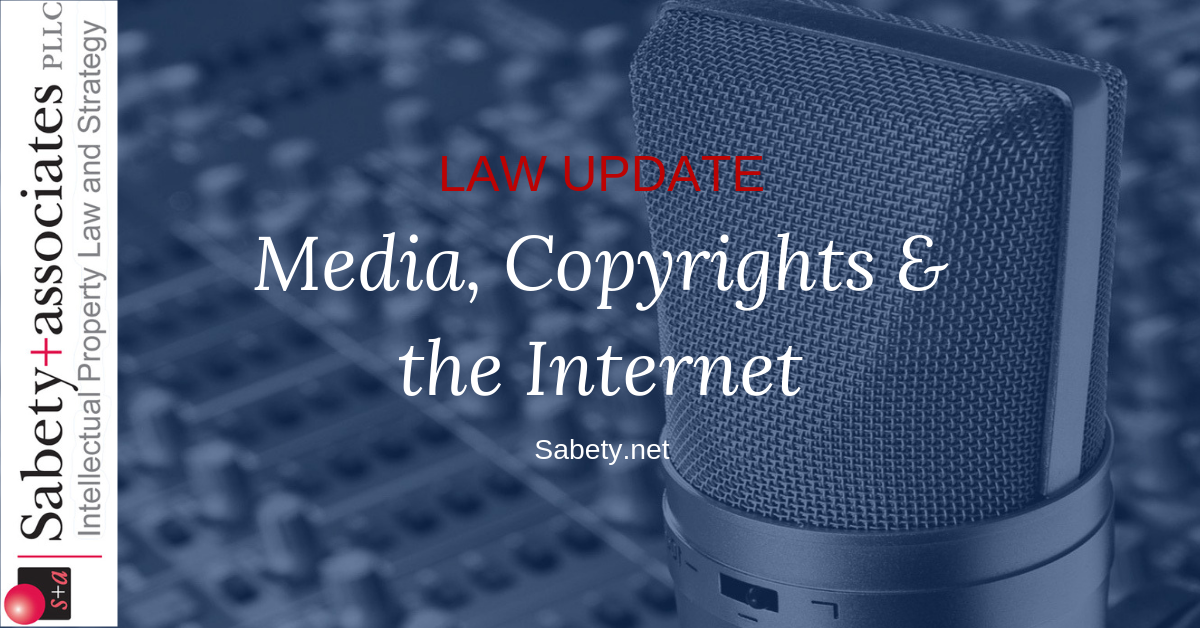The Federal Communications Commission (FCC) voted in favor of Chairman Pai’s decision to repeal the so-called “net neutrality” regulations
December 14, 2017.
The Federal Communications Commission (FCC) voted in favor of Chairman Pai’s decision to repeal the so-called “net neutrality” regulations (put in place under the Obama Administration) that prohibited Internet Service Providers (ISPs) from website blocking, data bandwidth throttling, and data path prioritization. 47 CFR §8 ff. Instead, ISPs will only be required to “disclose information” stating whether they practice these activities. FCC-CIRC1712-04, Appdx. B, ¶59, pg. 211. Website operators like Netflix, Facebook and YouTube are likely going to pay a lot more for their Internet access. Critics say that new business owners and grass-roots political speech will be silenced because they will not be able to afford access to the Internet in a manner that meets their requirements. (Note, however, that given various intertwined “peering agreements” between network owners at the data transport layer, it is not clear how quickly the landscape will change.)
Pai’s theory is that by means of “transparency rules” where ISP’s have to disclose their “network management practices [and] commercial terms”, the Federal Trade Commission (FTC) can then apply its jurisdiction to “prohibit unfair and deceptive practices.” FCC-CIRC1712-04, ¶140, pg. 82; See also FTC v. LeadClick Media, LLC 838 F.3d (Fed. Cir. 2d. 2016) (fake news sites touting real news constituted unfair/deceptive practices.) AT&T’s head of regulatory affairs publicly stated: “We will not block websites, we will not throttle or degrade internet traffic based on content, and we will not unfairly discriminate in our treatment of internet traffic.” Comcast has stated that: “Comcast … will not block, throttle, or discriminate against lawful content.” The statements didn’t address “paid prioritization” nor define what “discriminate” means. Yet it appears that if in the future, ISPs “transparently” state that they have changed their minds, the FTC may not have grounds to bring a case based on “deceptive practices.” The FTC’s enforcement jurisdiction would then be limited to whether such action is anticompetitive– a fact-intensive question that likely applies only in limited situations, e.g. where the ISP holds an equity interest in a preferred website’s business. This may impede the emergence of new websites that seek to dislodge entrenched incumbents like, (ironically), Facebook, Netflix and YouTube.
But consider that Twitter’s user agreement “transparently” states: “We may also remove or refuse to distribute any Content on the Services, suspend or terminate users, and reclaim usernames without liability to you.” So query whether Twitter can now delete @realDonaldTrump without the FCC or FTC saying boo.
Talk about unintended consequences.
Addendum: In response to feedback from a very knowledgeable friend of mine (thank you), let me clarify that the reference to Donald Trump’s Twitter account was supposed to be a humorous aside regarding notices in click-through customer agreements, and not a suggestion that Twitter is in fact governed by the same laws as a “title II” telecommunications carrier. Further, in the ensuing e-conversation, it was noted that the big, established internet companies like Facebook, Netflix and Google likely have volume deals for data traffic such that their direct network traffic costs are unlikely to be affected by the FCC deregulatory decision. But up-and-comers challenging the incumbents may yet face higher costs.

